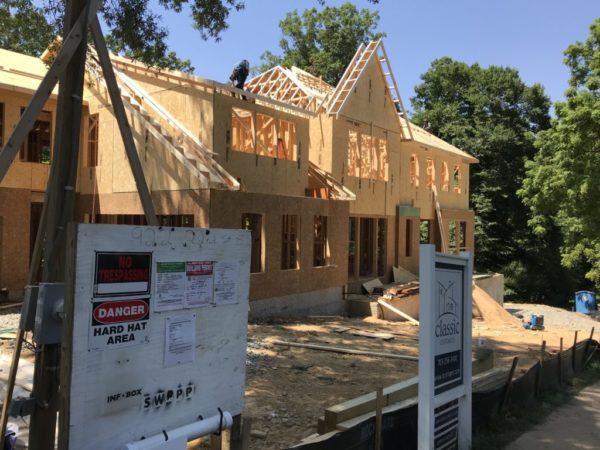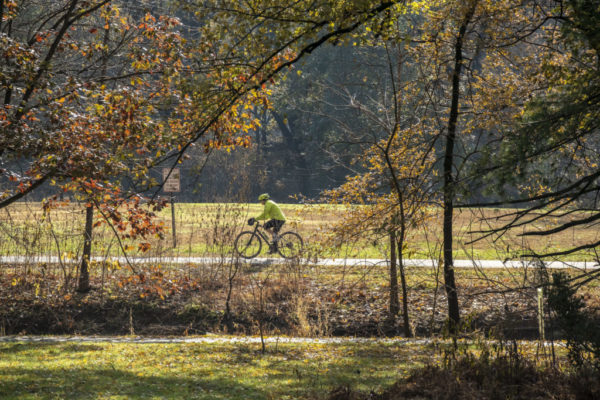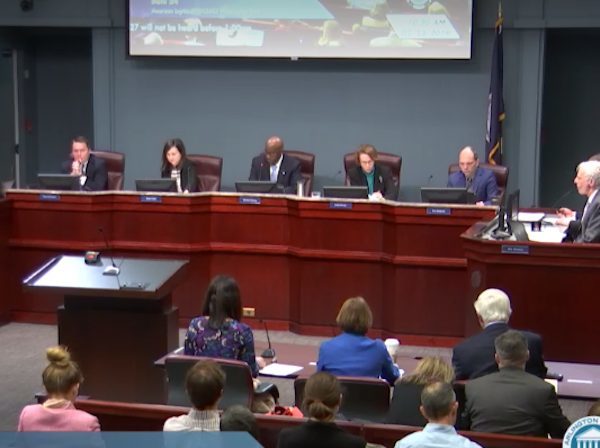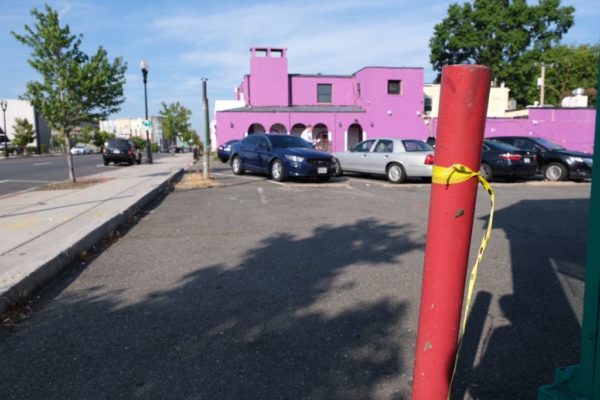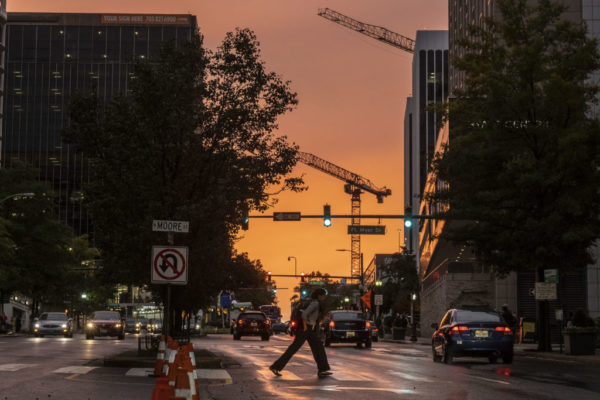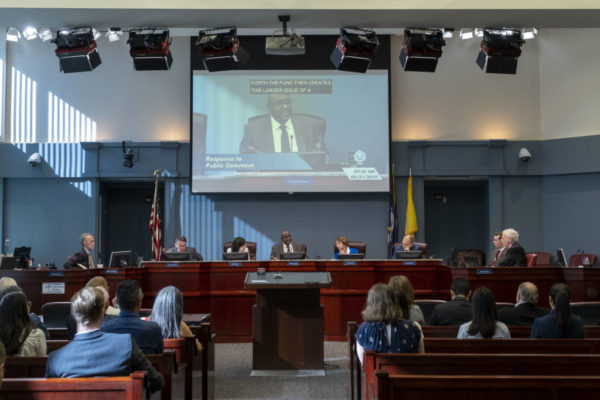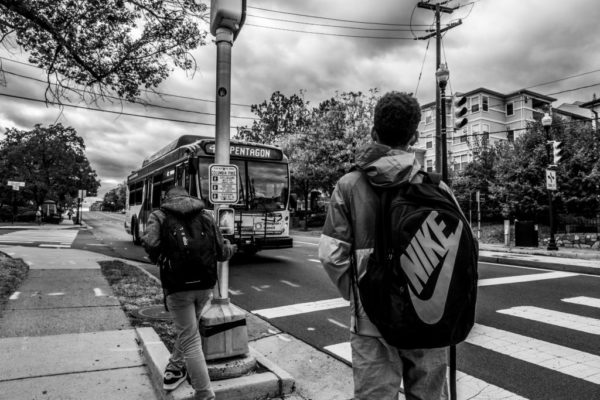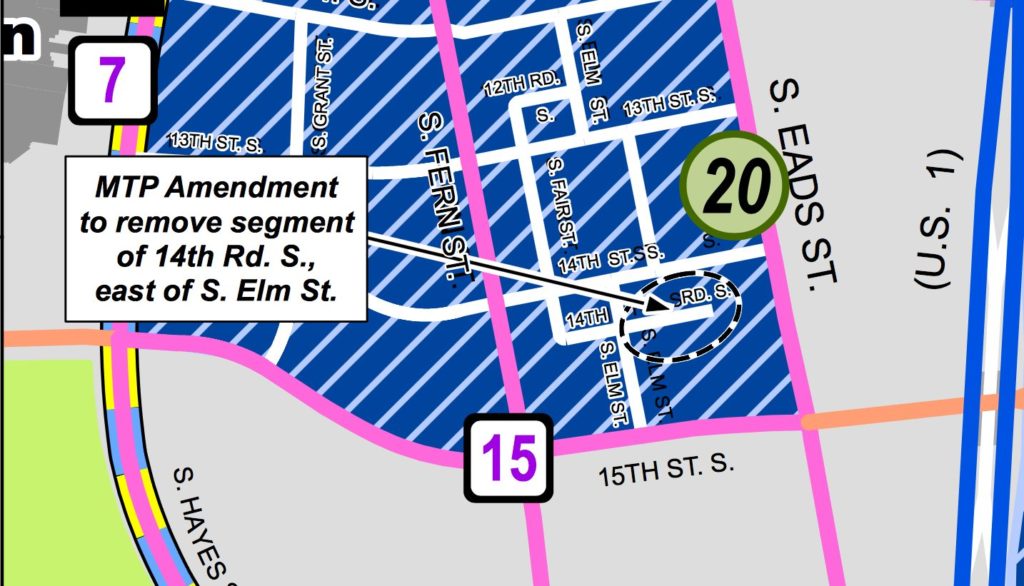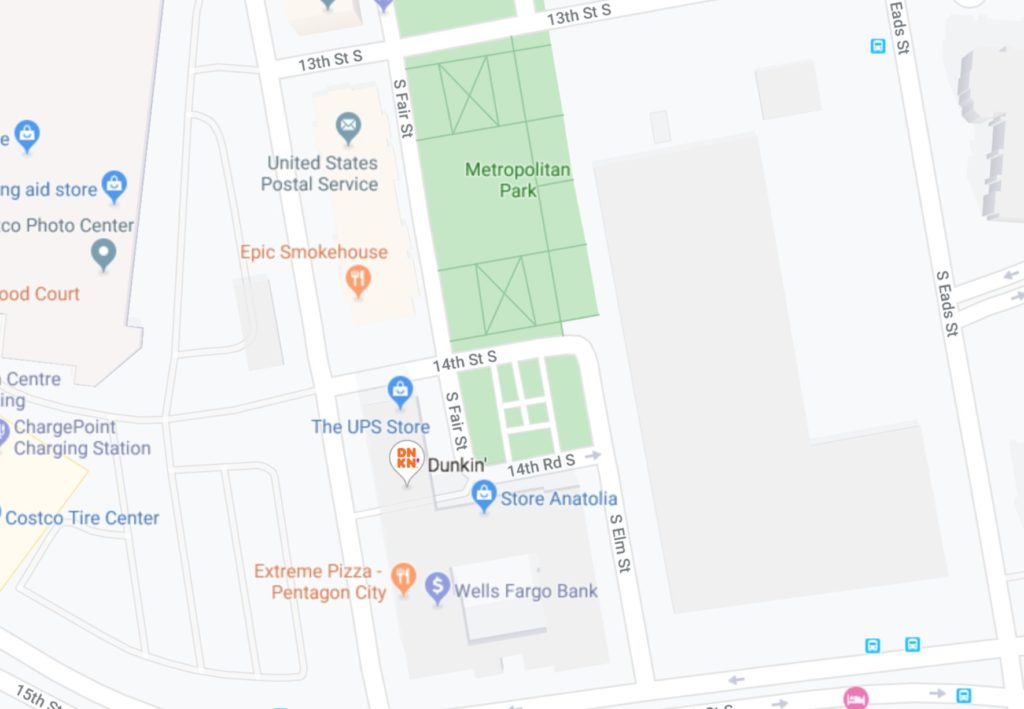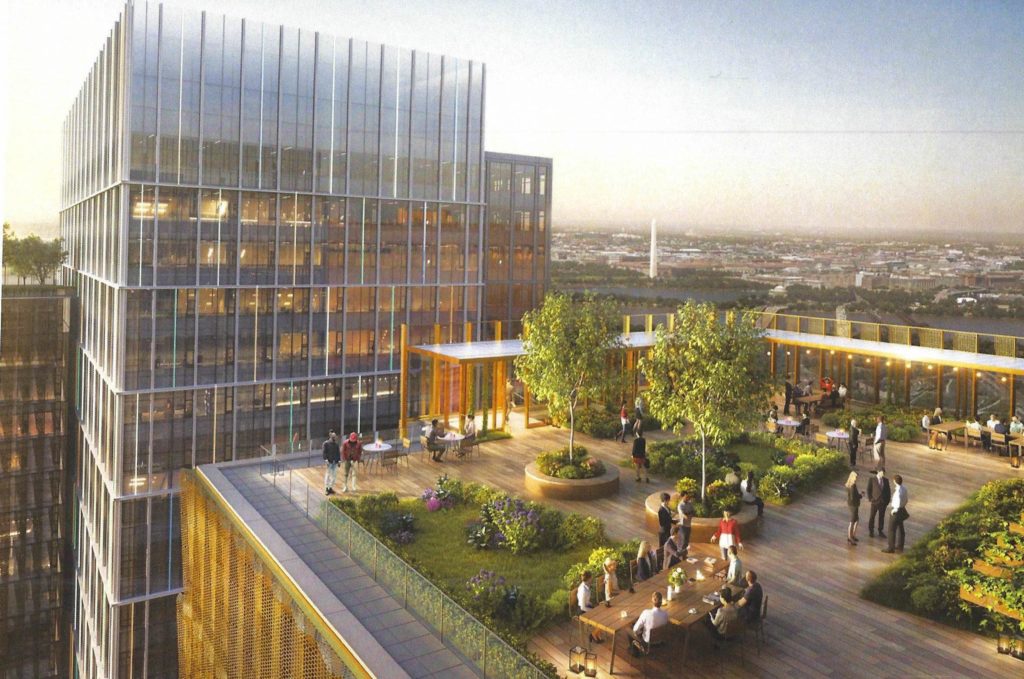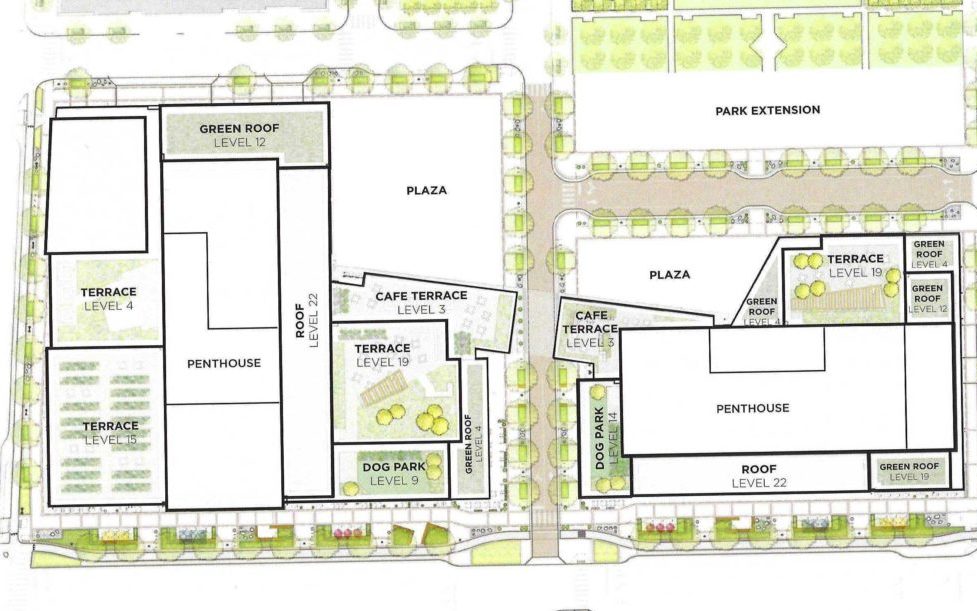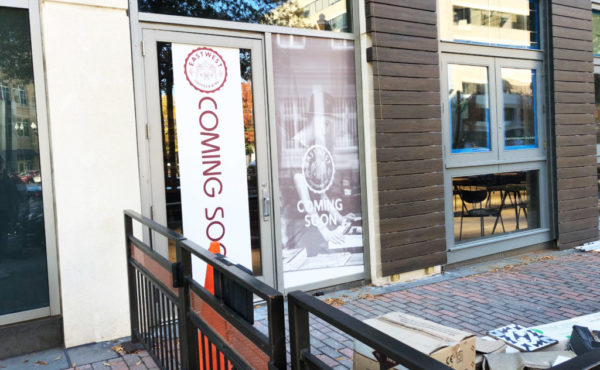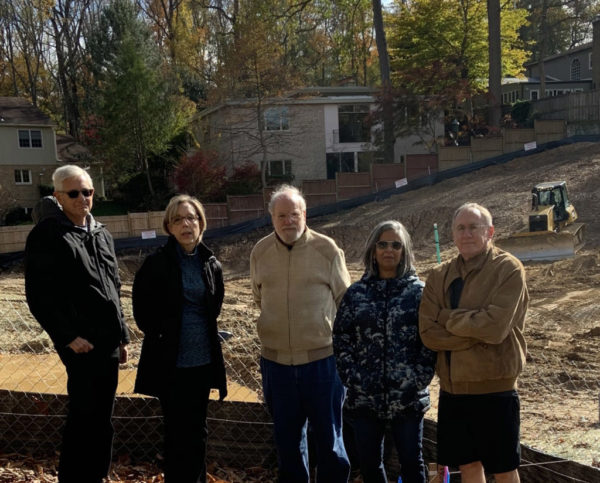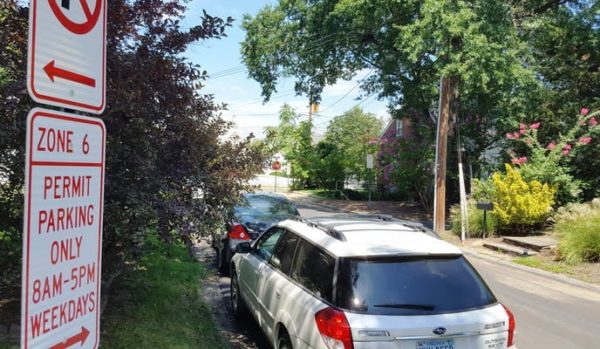
If there’s one thing that drives passions in residential neighborhoods, it’s parking. And Arlington County is gearing up to change some of its residential parking policies next year.
The forthcoming update to Arlington’s Residential Permit Parking (RPP) program promises to bring out strong opinions, with some residents very much in favor of keeping the program as is, and others saying it promotes inequity and should be scrapped. The county staff recommendation, however, is likely to be somewhere in the middle.
The RPP program focuses on neighborhoods around Metro corridors and other high-demand areas where commuters, diners, shoppers or hospital visitors tend to fill up street parking spaces. It restricts on-street parking to certain residents and their guests during certain times of the day.
“I know this program is important and popular — and not popular in certain places,” County Manager Mark Schwartz at Tuesday’s Arlington County Board meeting, as county staff provided an update on its work, which has been underway for more than two years.
The RPP program tends to favor single-family home owners over apartment dwellers, many of whom are excluded from receiving parking permits, raising questions about fairness, staff said.
“As a whole, there is little resident agreement on how the Program should function going forward,” said a staff presentation to the Board. “Resident opinions frequently vary with type of housing in which they live and whether they have RPP restrictions.”
Schwartz placed additions of new areas and other changes to the program on hold in 2017, at a time when staff said the county was receiving “a large volume of applications” from mostly single-family home owners who wanted parking restrictions on their streets. Most of those applications were being rejected, staff said, demonstrating a difference between program requirements — including at least 75% parking utilization on the streets in question on weekdays, with an abundance of parked cars registered in other areas — and resident expectations.
“Our public expects parking to be easy,” said Arlington County Parking Manager Stephen Crim. “They want to park in front of our houses and want their guests to park on the same block.”
County staff are still gathering public feedback but presented a number of guiding principles ahead of formulating recommendations for Board consideration this spring.
Among the changes to the program now being considered:
- Make all housing types eligible for RPP, but exclude housing developments that go through a site plan and use permit process.
- Cap the number of parking permits any given household can receive based on off-street parking availability (like a driveway or parking lot.)
- Make parking easier for household visitors, perhaps by enacting two-hour parking without permits on RPP streets.
(Two hour visitor parking in RPP zones is in place in a couple of parts of Arlington, but police say it is difficult to enforce and meters would be preferable. Board member Katie Cristol said she would be in favor of more parking meters in RPP zones, with those displaying parking permits exempt from the meters.)
RPP as currently conceived does have some interesting side effects, Crim noted. For one, it has a placebo effect: people in RPP zones who have parking permits said in surveys that parking was easier than residents in areas without RPP restrictions but similar street parking utilization. Also, people who have RPP restrictions are more likely to be supportive of new housing developments in their neighborhood — as long as the new residents won’t be eligible for residential parking permits.
(About 40% of survey respondents said they liked RPP because it discourages people in apartments and condos from parking on the street, according to Crim’s presentation.)
The current RPP moratorium is not expected to be lifted until the changes are enacted. And the public process related to those changes is expected to be contentious.
“No principal or policy will please everyone,” said Crim.
“I look forward to deliberating on this next spring, it’s going to be a doozy,” said County Board Chair Christian Dorsey.


